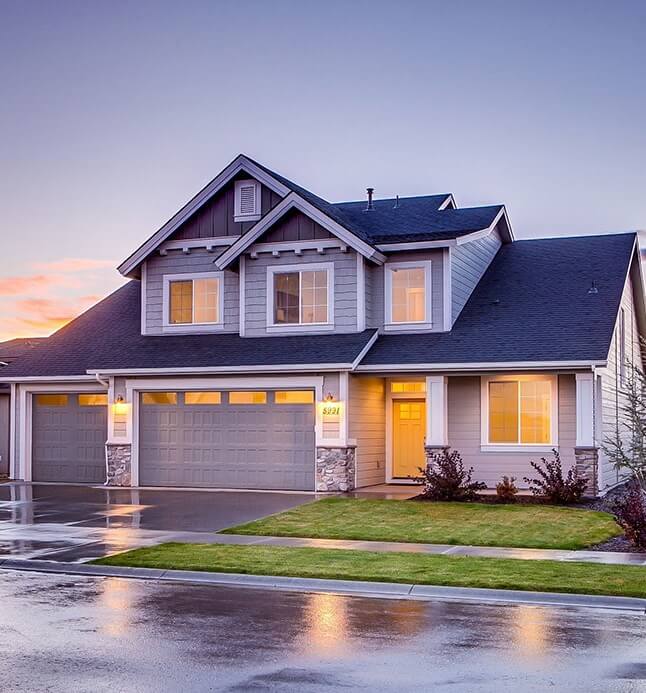
First-Time Home Buyers’ Guide
Every day, more people turn their thoughts toward buying a home for the first time. The Millennial generation is reaching the age where home ownership is within reach, and many of them are just beginning to seriously consider taking the steps necessary to becoming homeowners.
For anyone who has never made a real estate purchase before, buying a home can feel like a daunting process, where the stakes are huge and poor choices can have a lifelong financial impact. Getting ready to buy a house requires some careful assessment and planning if you want to do it the smart way. For anyone thinking about stepping into the housing market, here are some key points to consider before moving forward.
Figure out your finances
The first big question is to determine how much house you can afford with your current income. There are plenty of online mortgage calculators out there that can give you an estimate, but you may also want to consider amortization and other factors. The general rule of thumb is to spend no more than a third of your monthly pre-tax income on housing, but make sure you factor insurance, property taxes, HOA dues, and any other related expenses into that.
Have you saved enough?
When people start saving up to buy a house, they often think only of what they’ll need for a down payment. However, many lenders want to confirm that you have enough cash on hand to cover insurance, closing costs, and a few months of mortgage payments.<br><br>
You’ll also want to make sure you have enough money left after purchase to buy furniture, pay for movers, and cover any unexpected expenditures. This is the time to tighten your budget, cut down on any unnecessary expenses, and put away as much money as you can for the home purchase you’re hoping to make.
Find the right mortgage for you
There are many different types of loans for many different types of buyers and their various financial situations, so don’t be in a rush to grab the first home loan you can get. Take the time to shop around, get advice, make comparisons, and choose a loan that makes good financial sense for you.
A down payment of twenty percent is standard, but there are loan options for people who can’t afford a down payment of that size. Short-term loans of 15 years will cost you less in interest payments, but a 30 year loan can be much more manageable in terms of being able to cover the monthly amount due.
You’re going to want to get pre-approved for a loan before you start shopping, and to get that, you’ll need good credit and stable employment. If either of those things are on shaky ground, you’re going to need to spend some time getting things in order before you can expect to get a loan with favorable terms.
Start looking at homes
Once you’ve got your budget worked out, your house-buying money saved up, and your loan pre-approval letter, you’re ready to start looking for your dream home. Educating yourself on what to look for, what to be concerned about, and how to navigate the closing process will serve you well at this point. Making an offer on a home is far from the end of things, and you should be prepared to ask for changes, renegotiate the price, or walk away if a house shows problems upon inspection.
If you know what you’re getting into, have fully prepared yourself financially and knowledge-wise, understand the contracts you’re signing, and don’t rush things, you can end up as the proud owner of a home you’ll love to live in for many years to come.

























































































